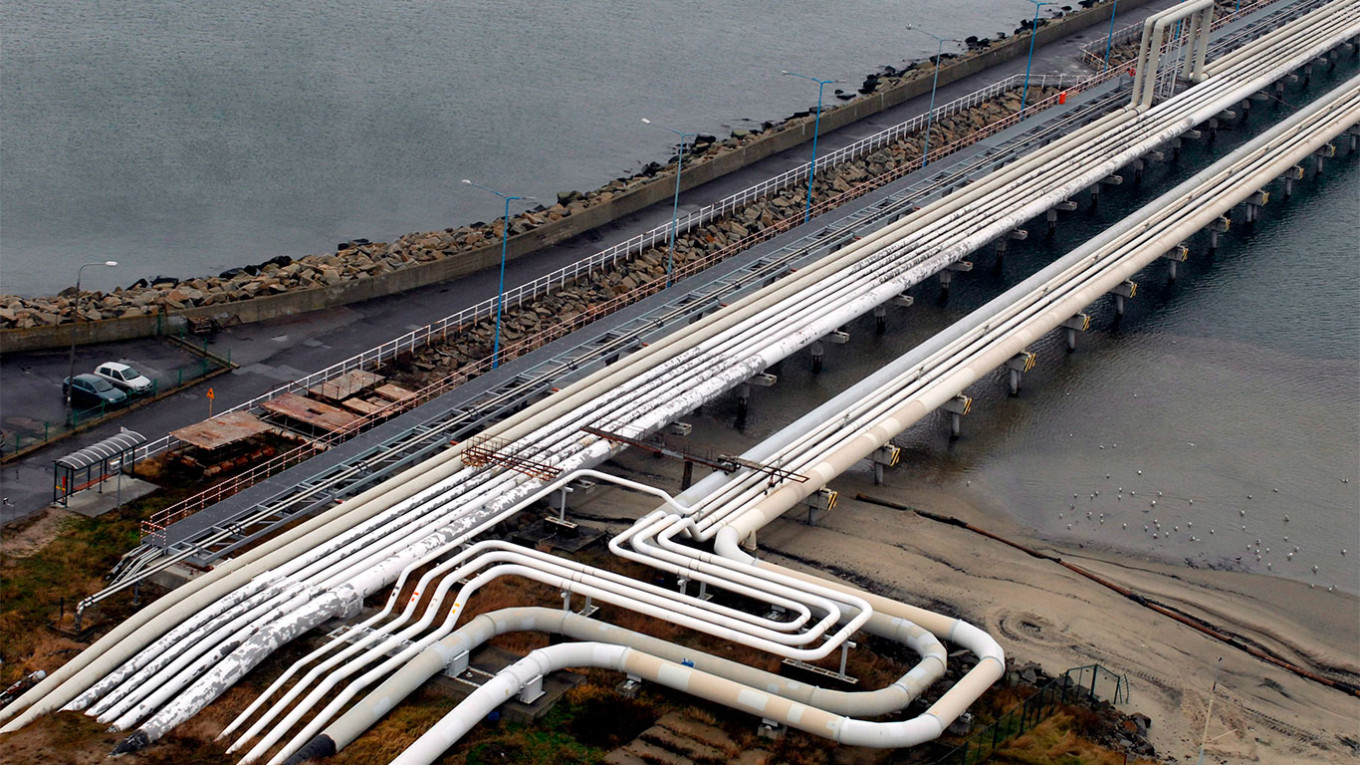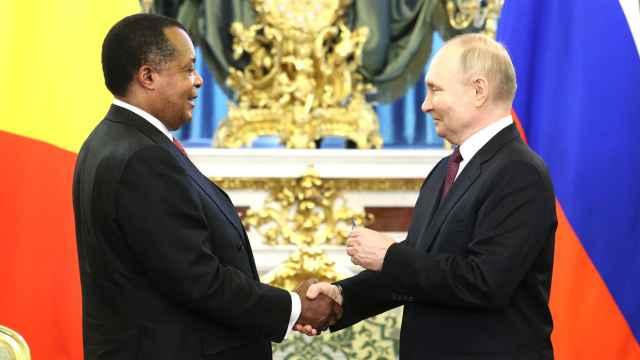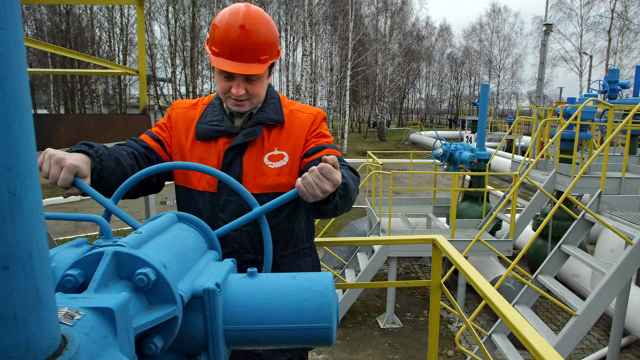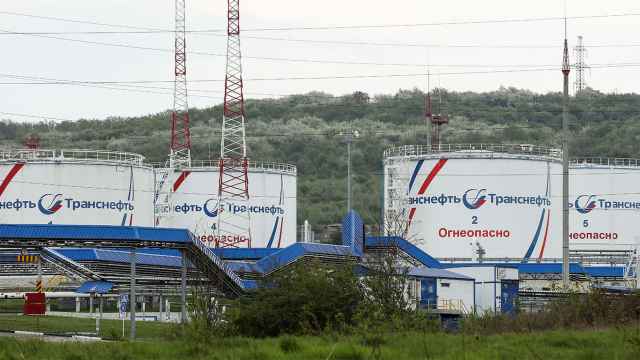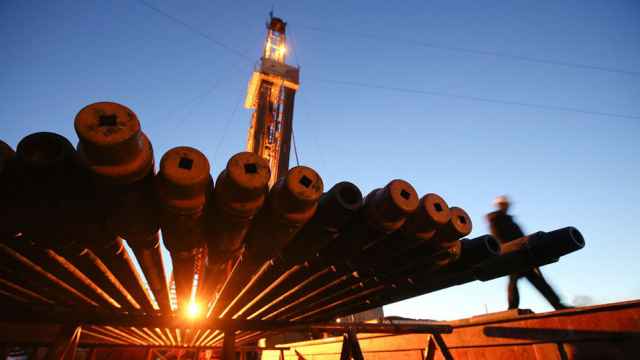The Druzhba oil pipeline linking Russia and Germany has been partly shut after a leak was discovered in Poland, the Polish PERN operator said on Wednesday.
"The cause of the incident is not known for the moment. Pumping in the affected line was immediately stopped. Line 2 of the pipeline is functioning normally," the operator said.
The German government said oil deliveries were continuing to two key refineries despite the leak.
"Germany's security of supply is currently guaranteed... Deliveries are uninterrupted," the economy ministry said in a statement.
The incident comes after four leaks were discovered in the undersea Nord Stream gas pipelines from Russia to Germany.
The pipelines have been at the center of geopolitical tensions as Russia cut gas supplies to Europe in suspected retaliation against Western sanctions following Moscow's invasion of Ukraine.
The leak on an underground segment of the Druzhba pipeline was detected late on Tuesday near the village of Zurawice about 180 kilometers (112 miles) to the west of Warsaw in central Poland.
PERN spokeswoman Katarzyna Krasinska told AFP that firefighters were in the process of pumping out the spilled oil, "which could take several hours."
Russian oil pipeline operator Transneft said its Polish counterpart had notified it of the leak.
"Yes, we received a message... We have no information as to how long it will take to repair the damage," Transneft vice president Sergei Andronov said, according to the Interfax news agency.
"From their end at the moment, oil continues to be accepted," he added.
The pipeline mainly supplies two refineries in Schwedt and Leuna in Germany.
The Schwedt refinery, which is close to the Polish border, supplies around 90 percent of the oil consumed in Berlin and the surrounding region, including Berlin-Brandenburg international airport.
Last month, the German government said it had taken control of the refinery — and the other German operations of Russian firm Rosneft — to secure energy supplies.
German authorities can now run the refining operations using crude from countries other than Russia.
The Druzhba (Friendship) pipeline network was started in the 1960s and covers 5,500 kilometers, pumping oil from the Urals to Europe through two main branches via Belarus and Ukraine.
Following the Nord Stream leaks, NATO on Tuesday said it had bolstered naval deployments to protect its infrastructure in the Baltic and North Seas and called the incidents an act of "sabotage."
G7 leaders also on Tuesday said in a statement they were "deeply troubled" by the Nord Stream leaks and "strongly condemn any deliberate disruption of critical infrastructure."
A Message from The Moscow Times:
Dear readers,
We are facing unprecedented challenges. Russia's Prosecutor General's Office has designated The Moscow Times as an "undesirable" organization, criminalizing our work and putting our staff at risk of prosecution. This follows our earlier unjust labeling as a "foreign agent."
These actions are direct attempts to silence independent journalism in Russia. The authorities claim our work "discredits the decisions of the Russian leadership." We see things differently: we strive to provide accurate, unbiased reporting on Russia.
We, the journalists of The Moscow Times, refuse to be silenced. But to continue our work, we need your help.
Your support, no matter how small, makes a world of difference. If you can, please support us monthly starting from just $2. It's quick to set up, and every contribution makes a significant impact.
By supporting The Moscow Times, you're defending open, independent journalism in the face of repression. Thank you for standing with us.
Remind me later.


